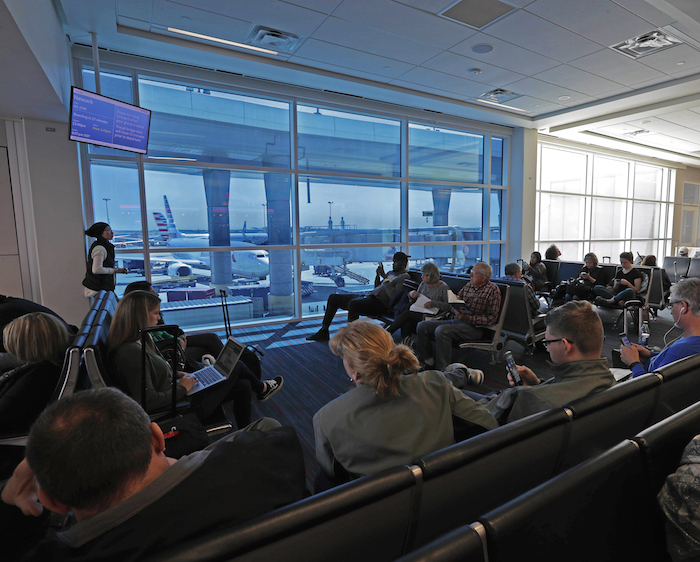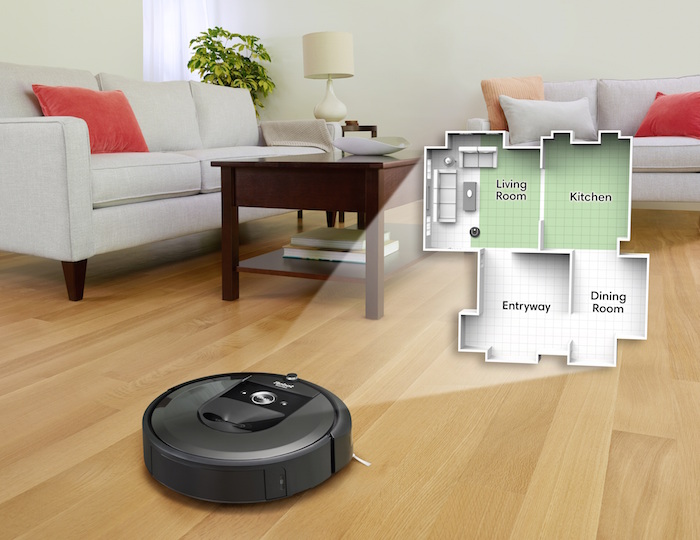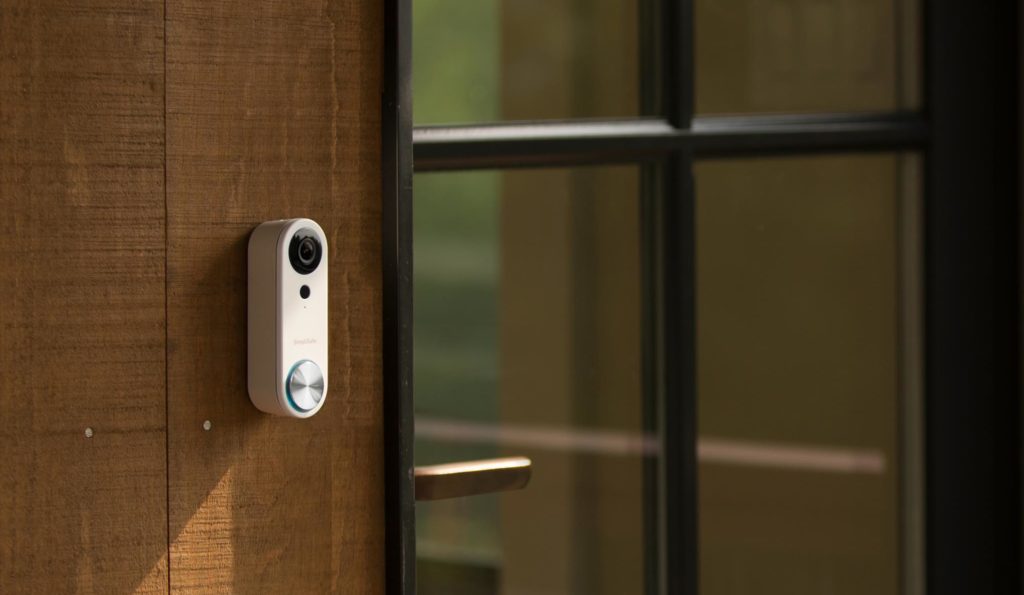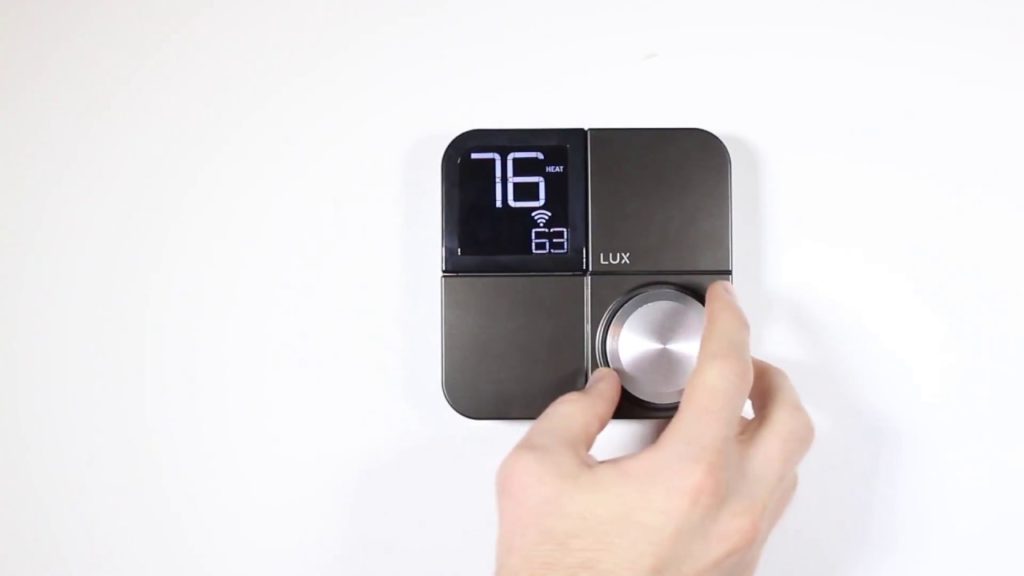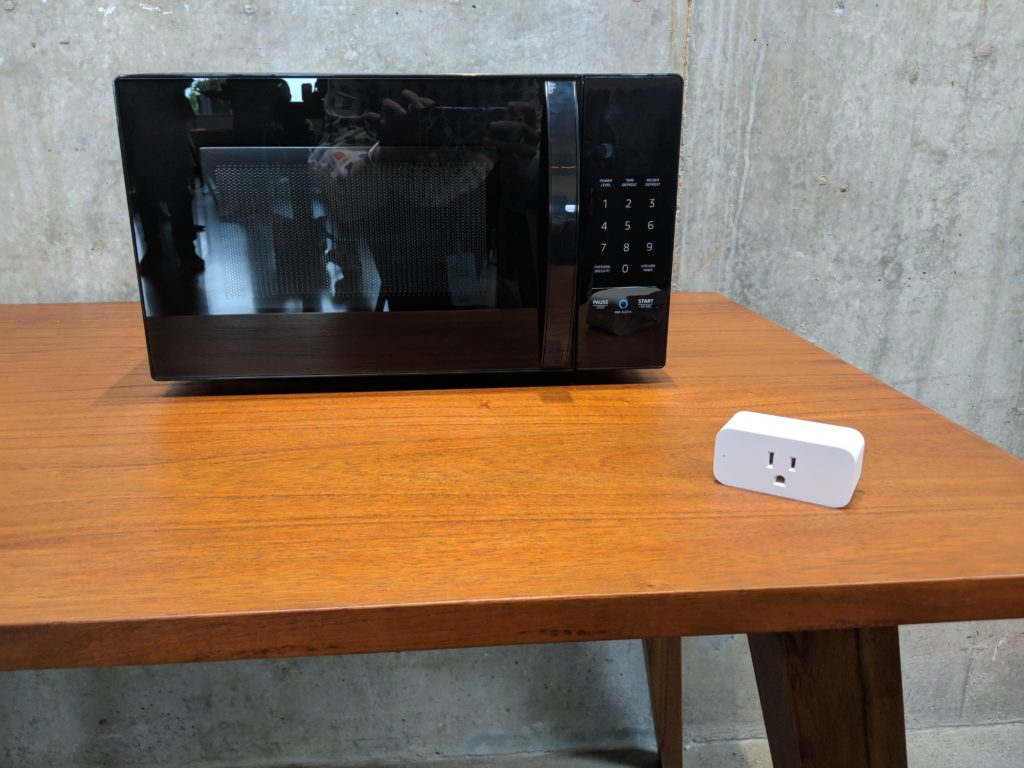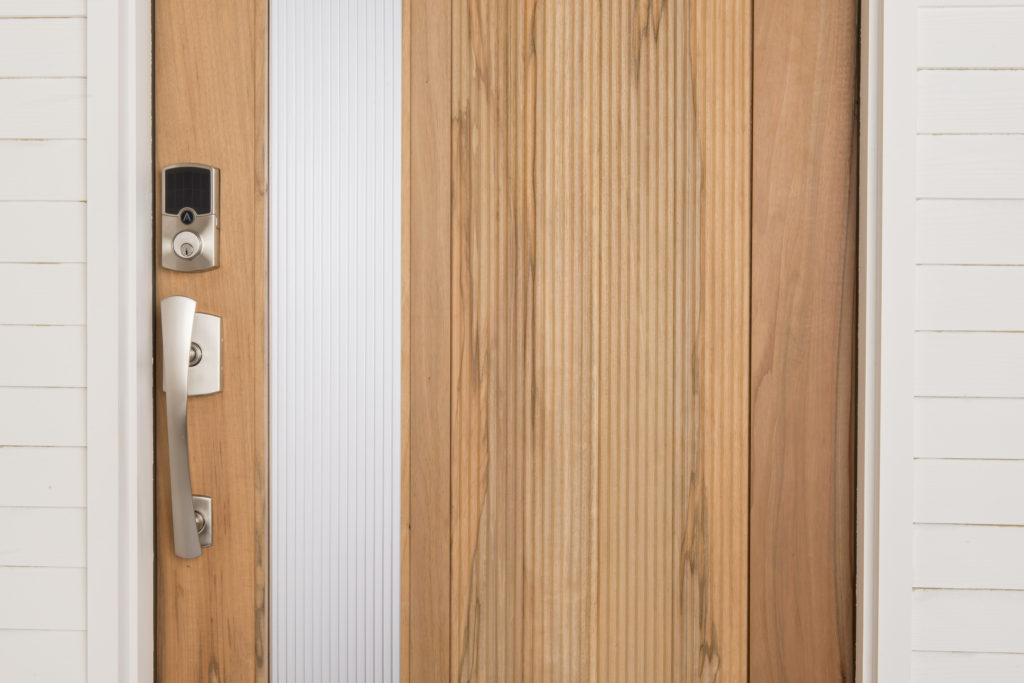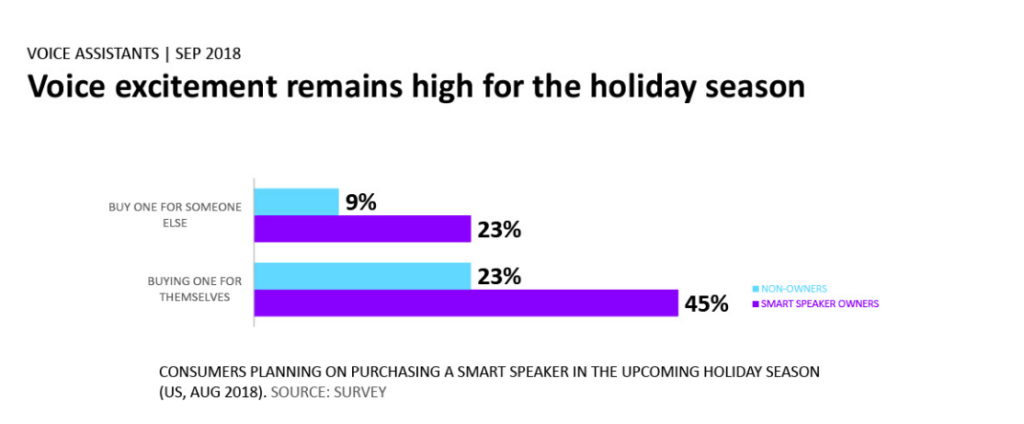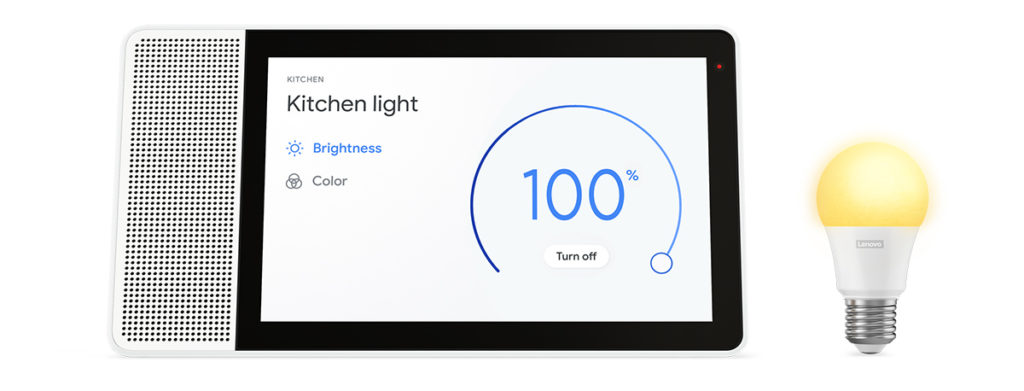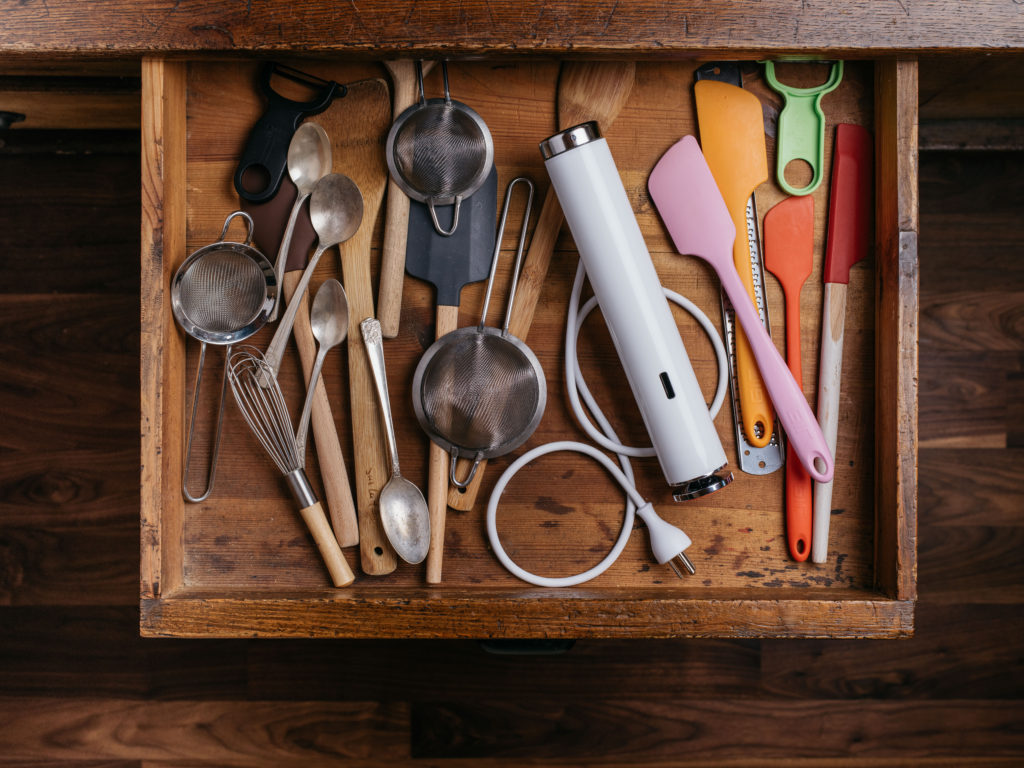We kick off this week with an in-depth discussion of the NTIA’s suggestions for regulating consumer privacy in a digital era. It’s a long discussion, but one worth having, and we welcome your thoughts as well. From there, we talk about botnets, neural networks on a stick, and then Alexa’s new talents and devices. Then some Google Home and Wi-Fi news makes the cut as well as a new Withings activity tracker and new services from IFTTT. From there we end with some enterprise security stats and a new effort to bring IoT to the enterprise. This time the platform is intelligent windows! Instead of answering a listener question we offer a suggestions from a listener that may solve some outdoor camera and sensor problems.
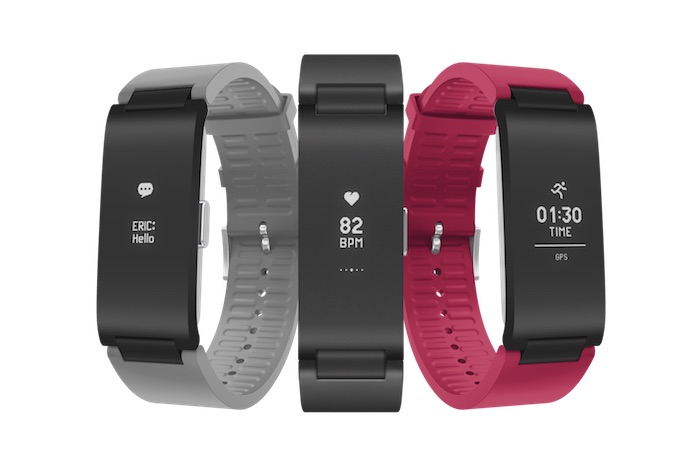
Our guest this week is Emily Silverman, a program manager for Denver’s smart city efforts. Silverman explains how Denver is thinking about smart infrastructure and how to provide new citizen services. She also details how the city is trying to safeguard citizen privacy and protect data. Some vendors aren’t keen on the plans, but Silverman says the attitude is changing. It’s a good interview and important for anyone who wants to be an informed citizen.
Hosts: Kevin Tofel and Stacey Higginbotham
Guest: Emily Silverman, program manager for the City and County of Denver
Sponsors: Bitdefender and Cognizant
- Here’s how the feds want to boost consumer privacy
- Why Alexa’s new talents matter
- Why not add another enterprise IoT platform?
- Some vendors aren’t ready to let go of your data
- How Denver anonymizes traffic data. Really.
Podcast: Play in new window | Download | Embed
Subscribe: RSS

